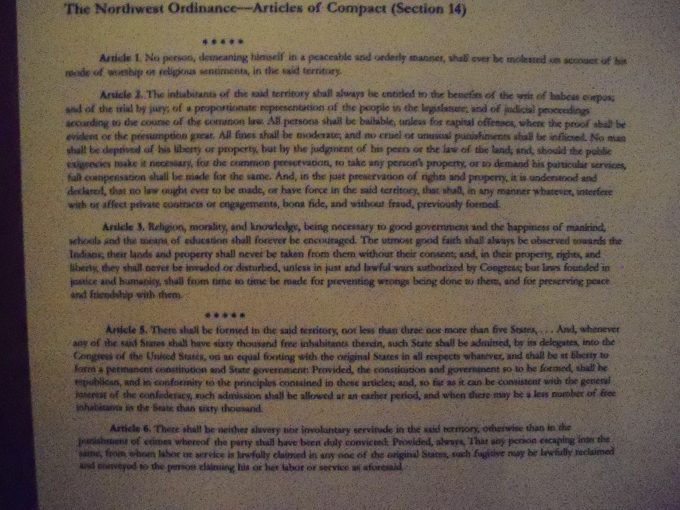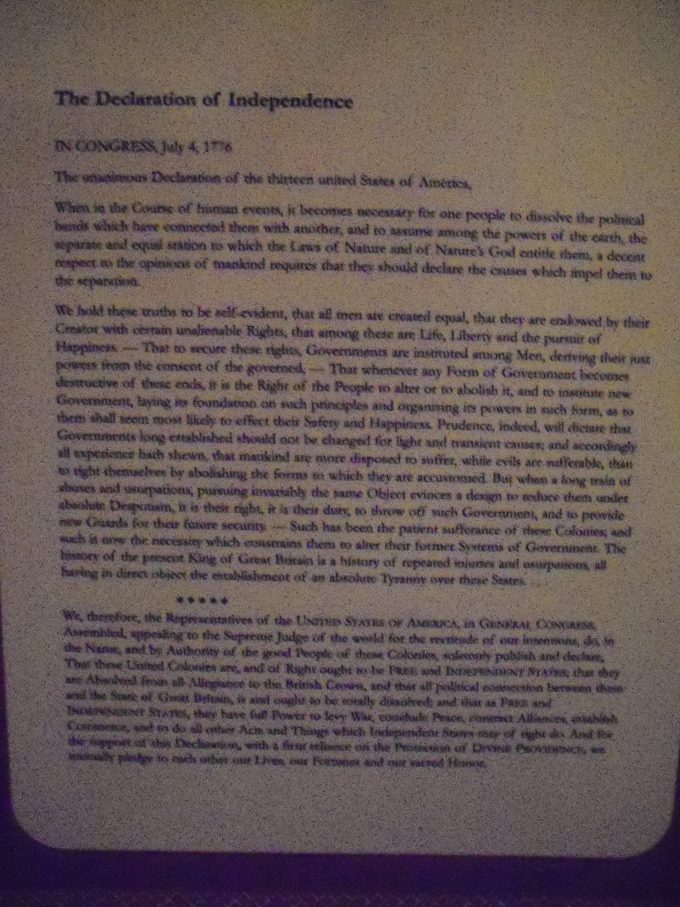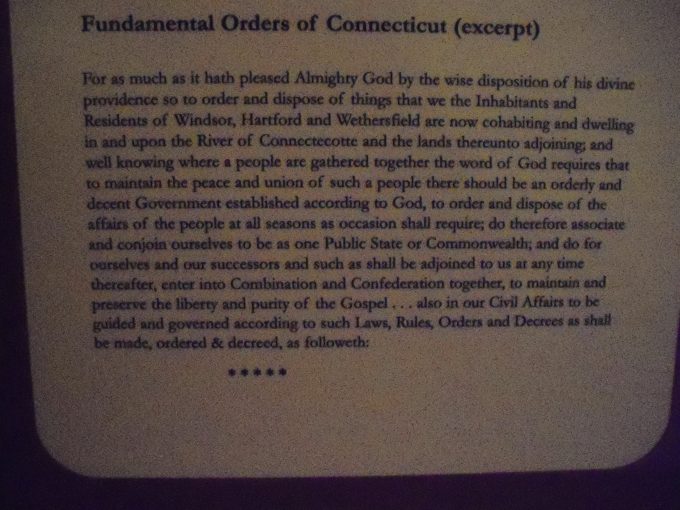
In Him you were also circumcised with the circumcision made without hands, by putting off the body of the sins of the flesh, by the circumcision of Christ, Colossians 2:11
Paul seems to suddenly, even abruptly, introduce circumcision. However, one need only go back to verse 8 to see what he is referring to. There he says, “Beware lest anyone cheat you through philosophy and empty deceit, according to the tradition of men, according to the basic principles of the world, and not according to Christ.” Circumcision of the Gentiles, which the church at Colossae was comprised of, would be a tradition of man. It was intended not for Gentiles, but for the people of Israel as a sign to them of their inclusion in that body. As circumcision was a picture which pointed to Christ, then it is fulfilled in Christ. To expect someone to fall back on a picture, rather than the substance, would make no sense. As Paul continues in verse 10, “and you are complete in Him.” There is nothing lacking which needs to be filled up in the physical body.
Rather, “In Him you were also circumcised with the circumcision made without hands.” This is referring to Christ. Those who have called on Him receive the true circumcision; the sign which shows that we are included in the body which is His church. The words “made without hands” speaks of a spiritual, rather than a physical, circumcision. It is a term used several times in the New Testament to indicate something which is not of the material world (see Mark 14:58, 2 Corinthians 5:1, and Hebrews 9:11 & 24). The believer in Christ is so circumcised. As Paul says in Romans 2:29, “…circumcision is that of the heart, in the Spirit, not in the letter.” In that verse, “not in the letter” is speaking of the Law of Moses; a law which is now obsolete in Christ.
This circumcision made without hands points to our “putting off the body of the sins of the flesh.” The word translated as “putting off” is found only here in the New Testament. It gives the sense of casting off a garment. It contains two prefixes, making it a strong expression for completely casting something away from oneself. It would be comparable to saying, “I took it off and I cast it away.” The words “of the sins” are not found in some manuscripts. They may belong there, or they may have been added by some scribe to explain what “the body of the flesh” is speaking of. Either way, it is evident from the rest of Scripture that “the flesh” speaks of that which is morally carnal and earthly, not that which is spiritual. It is the passions and lusts of the earthly person which stand opposed to that which is spiritual and holy.
Paul finishes the thought with, “…by the circumcision of Christ.” The Greek reads “in the circumcision of Christ.” It is a circumcision of the whole corrupt spiritual nature of man. It is cut away because of the work of Christ. This stands in contrast to the mere cutting of a portion of the physical body in the Jewish rite of circumcision. In our union with Christ, this circumcision occurs. He kept the whole law without erring under it. This work of His is imputed to us, and in that imputation we are granted His righteousness. Therefore, our circumcision cuts away the law which stood opposed to us, and which could only highlight our sin-nature, not remove it. In Christ, however, it is removed. In verse 14, Paul will say that the law is “nailed to the cross,” indicating that it died with Him on the cross.
Life application: Physical circumcision is not required for believers in Christ. As that was the preeminent sign of inclusion into the corporate body of the people of Israel, then any lesser sign or mandate must necessarily be done away with it as well. Don’t let the Judaizers of the world fool you into believing that you must meet this demand of the law or that demand of the law. The Law of Moses is finished and annulled. Why is this so hard to get through the minds of God’s people?
Heavenly Father, the word “annulled” means nullified. Your word says the law is annulled in Christ. So why do so many of us keep going back to a law which is done away with? Help us to understand that in Christ, we are not bound to the law, but are freed from its constraints, without exception. Let us live for You faithfully acknowledging that He has accomplished everything necessary for us to live in Your marvelous presence forever, free from condemnation. Help us to trust in the finished work of Christ. Amen.




